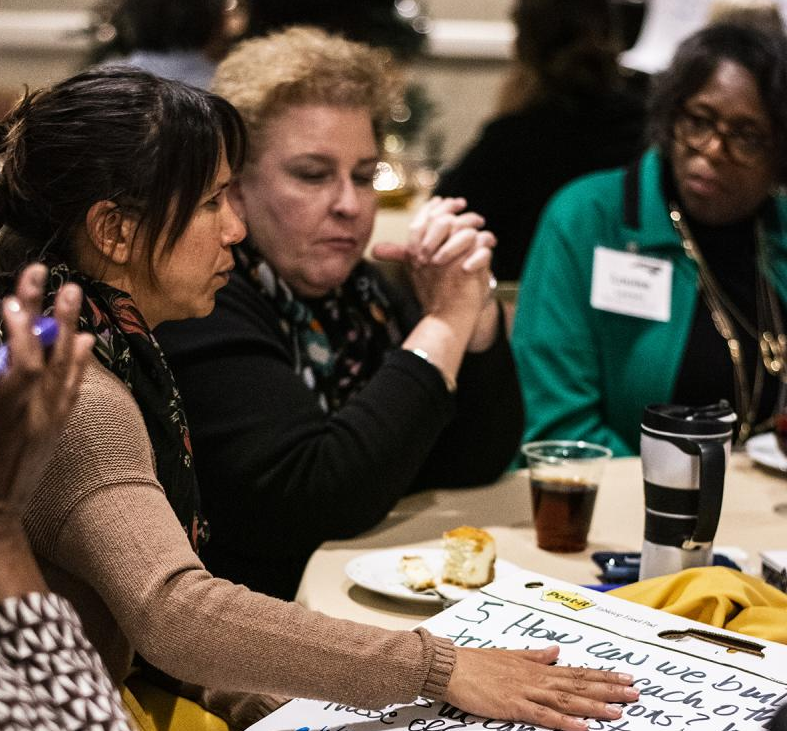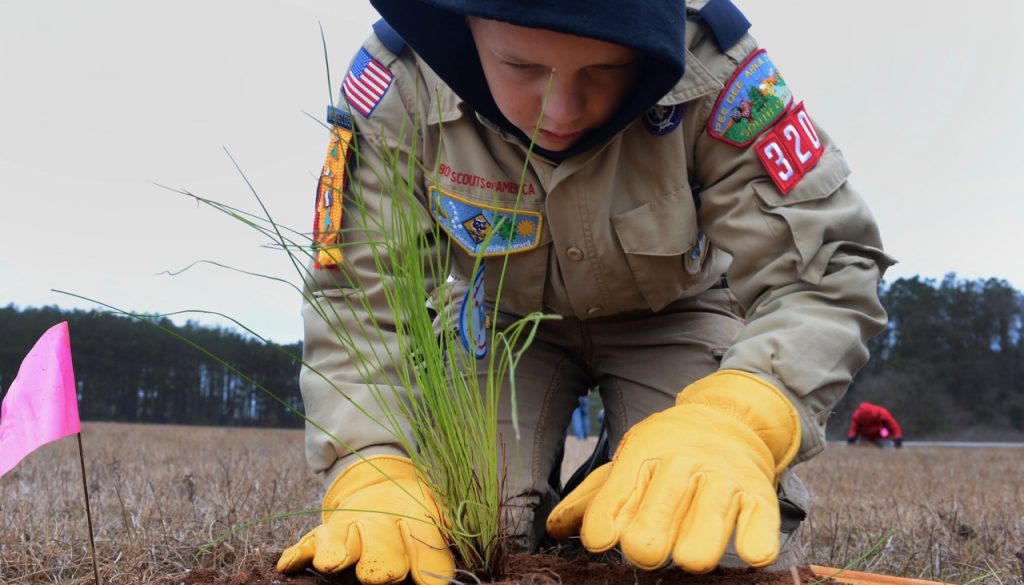
Pleased to have Maggie Woods report on the kick-off of a long-term effort on community reconnection. Maggie is a Policy and Program Manager at NC State University’s Institute for Emerging Issues.
Maggie:
North Carolinians are having increasing difficulty talking — and listening — to each other. That’s making it hard for us to get things done in our communities. And people want to find ways to fix that.
At least that’s what we heard, as my colleagues and I from NC State University’s Institute for Emerging Issues held “community conversations” across Western North Carolina this past summer.
From Buncombe to Clay to Wilkes counties — in coffee shops and at colleges — we met with 80 plus people to get their ideas about why it is so hard to connect to each other and how we can do better.


